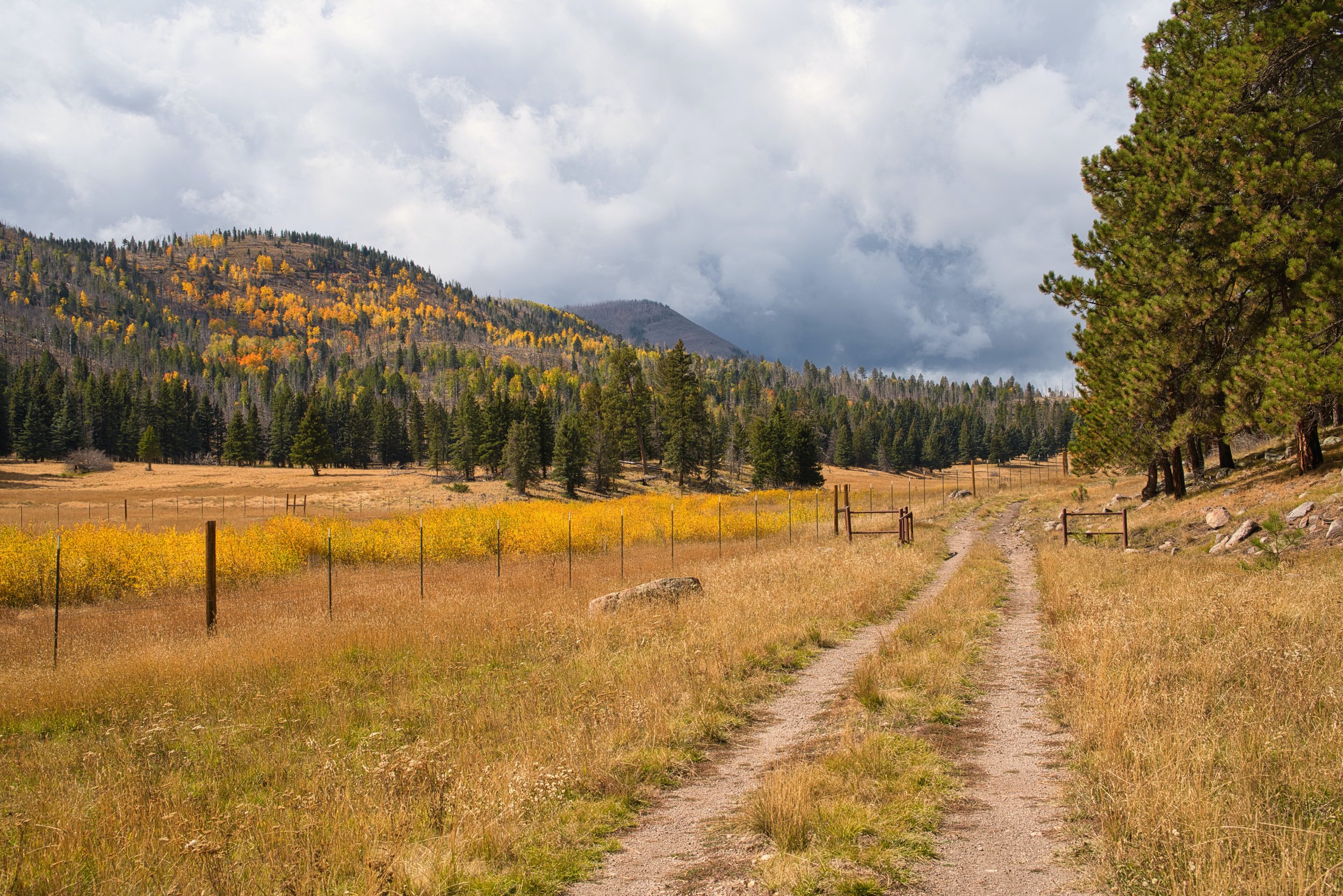Policy Committee
Coordinator: Lauren Gwin & Andrew Collins-Anderson
To achieve OCFSN’s vision for all Oregonians to thrive with healthy, affordable foods from an environmentally and economically resilient regional food system…
we need supportive public policy.
At the local, state, and federal levels.

2026 Bills to Watch will be posted when available
OCFSN is not, itself, a policy council or policy advocacy organization. Most OCFSN members engage with public policy in some way, but the Policy Committee does not select or lobby for a specific set of policy priorities.
OCFSN member organizations are the leaders and voices for that work.

Community Food Systems at the 2026 Legislature activities
The working group will meet three times during the 2026 session (Jan-March). Send an email to cfs-policy+subscribe@ocfsn.org to be instantly added to the email list and receive updates and invitations to working group meetings!
OCFSN recognizes the importance of public policy in shaping our food system – what we have now, and what we want it to be. We are committed to building members' individual and collective capacity to influence public policy to support our shared vision of an equitable, sustainable, and resilient food system.
We put this into practice by:
Convening and supporting OCFSN members and partners to inform, educate, learn from, respectfully challenge, build common cause, and take action together across our wide diversity of interests in the food system.
Finding ways to learn from members with deep public policy experience and expertise while actively including, bringing along, and learning from members with less policy experience/expertise.
Walking OCFSN's equity talk in a meaningful, effective, and ongoing way, with practices specific to public policy.
What we do and how we do it has varied over time. Every year, we try new strategies and tactics. Every year, we make progress and also identify new challenges and opportunities. In 2017 we started with a Policy Committee. In 2022, we reorganized into two working groups:
Community Food Systems (CFS) at the Legislature
Public Policy Skills and Engagement Opportunities
In 2025 and 2026 we broadened our work to include administrative rule making and Governor’s initiatives.
IMPORTANT NOTE: OCFSN is not a food policy council or policy advocacy organization. Most OCFSN members engage with public policy in some way, but not all, and this is only one pathway for OCFSN's food systems work. OCFSN does not lobby at the Oregon Legislature or at the U.S. Congress. OCFSN does not develop/advocate for an OCFSN policy platform (e.g., at the state Legislature). OCFSN member organizations are the leaders and voices for that public-facing work, both individually and, increasingly, in coalition with each other.

Webinars & Resources
-
-
OCFSN Farm Bill Education Series | Food Security and the Farm Bill | Thursday, September 21, 2024
Farm Bill 101 Presentation with HEAL Food Alliance | Wednesday, August 9, 2023
Community Food Systems at the Legislature: Equity & Allyship - presented by Lauren Gwin and Charlotte Epps in June 2021
-
Read full report published in May 2021.
Introduction: This report presents the results of the Oregon Community Food Systems Network 2020 Public Policy Capacity Assessment. This assessment used a survey based on the Johns Hopkins Center for a Livable Future’s Food Policy Networks project, which was based in part on a survey developed by the Alliance for Justice.
Check out these informative advocacy webinars to learn more about the fundamentals of civic engagement and the scope of non-profit organizations working in the legislative process.
-
An “intro to advocacy” webinar from the Oregon Community Food Systems Network 2020 Convening, given by Nicole Forbes of Oregon Food Bank. Nicole explained the basics of civic engagement, engaging local legislators, and what we know so far about the 2021 legislative session. View the slides here.
-
A “how to” webinar we offered in 2019 about policy advocacy, explaining the legal rules for nonprofits AND some “rules of the road” from OCFSN members with experience at the Legislature.
-
Guidelines for 501(c)(3) Public Charities on advocacy work from Bolder Advocacy.
Anybody can be an advocate: Measuring your council’s readiness to work on policy
Administrative Advocacy: Influencing Rules, Regulations, and Executive Orders

